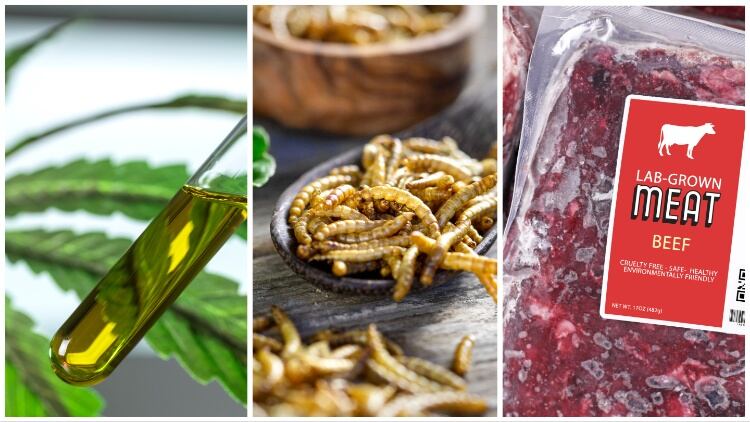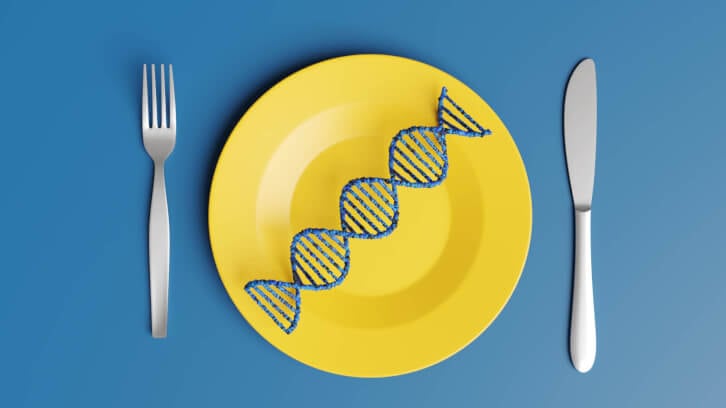The UK has some of the highest food safety standards across the globe, but it’s landed the nation in a catch 22 situation.
Whilst UK government and key stakeholders look to assess the potential risks novel foods may have on human and planetary health, this has left British innovators with no choice but to centre their attention into other global markets.
Speaking in the Westminster session, Paul Finnegan – boss of CBD firm Naturecan UK – argued that food safety is, of course, imperative, but that the UK has taken it a step too far.
“It has been incredibly stifling for us in the UK,” he said. “So we have chosen to invest our cash elsewhere. To put it into perspective, we do a lot of more business in Hungary than in the UK.”
He added that the business’ decision to focus on other international markets over the UK, won’t change anytime soon either – not unless red tape is slackened on what he believes to be a “perfectly safe product”.
For Finnegan, Brexit has caused huge issues for his company, but he recognised it did also present an opportunity for the UK to re-write the book and set itself up as a leader – something which he argued Ministers failed to do.
“We need some help,” he said, urging for a lax in red tape, “before we completely kill the CBD UK market.”
Meanwhile, fellow speaker, Dr Adrian Charlton, Fera Science’s principal scientist for protein biochemistry and food safety, reiterated the importance of scientific rigour.
His presentation flagged the many reasons behind novel foods – with 'environmental' being among the many drivers – but noted that the data behind these alternatives and their impact was not yet clear, nor are measurements and metrics harmonised.
“Food safety and quality are not culturally embedded with the sector [novel foods] and this needs developing.
“We need the right metrics for human and planetary health. We need to compare apples with apples.”
Having absolute certainty (or as much as we can have) will also drive acceptance of such products among the arguably pickier UK market and cautious retail sector.
“We have had a lot of food scares over the years and we need to be sure that retailers can safely stand behind them,” Dr Charlton said.
He continued that a robust dive into our food landscape may not necessarily concur with certain foods’ health halos (both from a planetary and human perspective). Rather, there is a possibility that part of the answer simply lies in ‘more sustainable’ farming practices we already have, such as grass-fed cattle.
As he pointed out, every avenue must be considered: “60% of the world’s ecosystems are already degraded and much of this has been put down to animals in the food chain. I’m not sure I entirely agree with that, but it needs to be considered.”
He concluded: “We need not to fight against the regulatory landscape – and that involves sharing evidence. A lot of information is within private companies - they have common problems and coming together would make their problems more easy to resolve.
“The future is looking good it just needs organising properly.”
In other regulatory news, the UK Government has delayed the roll-out of the deposit return scheme by two years.





